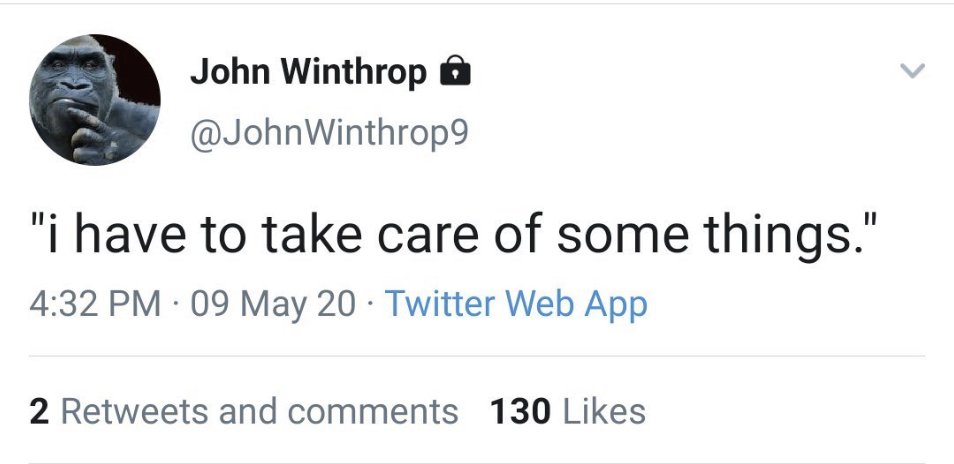
Thank you to everyone who read, supported, and engaged.
Billing issue? Email: webmaster[at]enblocpress[dot]com.

Thank you to everyone who read, supported, and engaged.
Billing issue? Email: webmaster[at]enblocpress[dot]com.